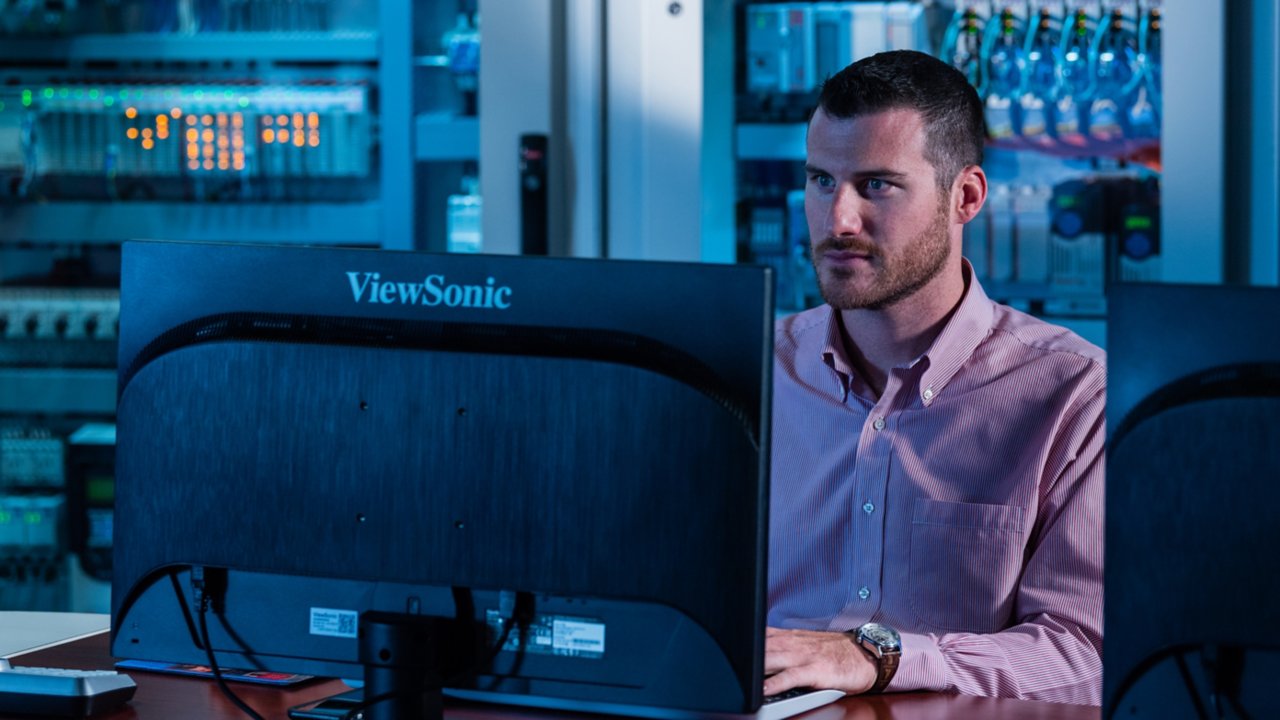Jpflex
Electrician big leagues
- Location
- Victorville
- Occupation
- Electrician commercial and residential
The former mine site I worked at shut down due to loss of investor funding. Over the past two years I worked there, older style and sometimes obsolete equipment was acquired cheap through auctions.
Often times we used older style NEMA 00 to 4 Cutler Hammer starters with replaceable overload heaters for motors, ranging from fractional horsepower to 100 horsepower. The company even had old pneumatic time delay relays which relied on air to exit a baffle to mechanically activate a switch, which has obviously been replaced with solid state devices.
Is it typical for PLCs to replace motor starters with overload protection and separate OCPD and where does NEC specify rules for calculating OL and OLPD using PLCs, as I’ve only seen NEC mention combination motor protection controllers? (Is that it?)
Now that I’ve been on the job market I’ve noticed that business no longer use these older style equipment. It’s apparent I’m going to now have to become a computer geek programmer just to be relevant now.
My question is can anyone recommend text books on learning to navigate computers software and getting familiar with building circuits on a pc software for modern PLC’s with unfamiliar symbols? I noticed Allen Bradley PLCs are popular.
I usually buy cheap books on eBay $5-20 each. The cost of standard school tuition, books, and classroom time is not feasible. Thanks
Often times we used older style NEMA 00 to 4 Cutler Hammer starters with replaceable overload heaters for motors, ranging from fractional horsepower to 100 horsepower. The company even had old pneumatic time delay relays which relied on air to exit a baffle to mechanically activate a switch, which has obviously been replaced with solid state devices.
Is it typical for PLCs to replace motor starters with overload protection and separate OCPD and where does NEC specify rules for calculating OL and OLPD using PLCs, as I’ve only seen NEC mention combination motor protection controllers? (Is that it?)
Now that I’ve been on the job market I’ve noticed that business no longer use these older style equipment. It’s apparent I’m going to now have to become a computer geek programmer just to be relevant now.
My question is can anyone recommend text books on learning to navigate computers software and getting familiar with building circuits on a pc software for modern PLC’s with unfamiliar symbols? I noticed Allen Bradley PLCs are popular.
I usually buy cheap books on eBay $5-20 each. The cost of standard school tuition, books, and classroom time is not feasible. Thanks



.png)
